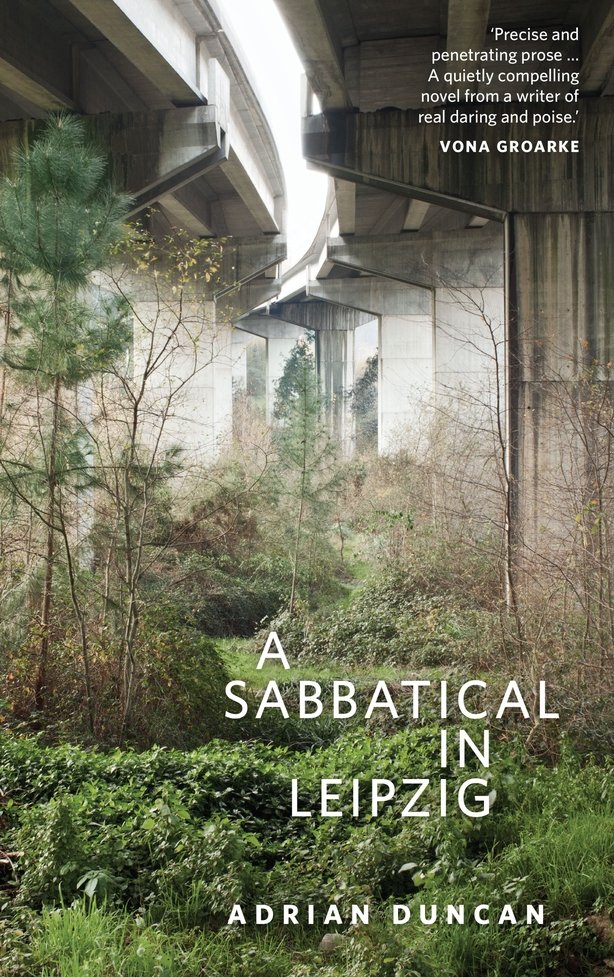Hachette €16.99
The year is 1938 and Ellis Spender is on his uppers. The only son of a once-prosperous family, he now exists on his mother’s meagre allowance, one that wouldn’t exist if his mother hadn’t taken in lodgers at their decaying old house off Hampstead Heath. Regular work is beneath Ellis, and anyway, he’s on course to be a great novelist, although there’s precious little written evidence to support his ambition. But written evidence – faked by his own hand – will become very important to Ellis as he takes to forgery to make his fortune.
He starts small, signing W.S. Gilbert’s name on a Gilbert and Sullivan libretto he finds among his uncle Freddie’s possessions, left behind while Freddie (another cad) is busy “making it big” as a theatre producer in the States. But some letters among Freddie’s possessions between Bram Stoker and his wife Florrie, who had been a friend of Ellis’ mother and is recently deceased, spark Ellis into writing a sequel to Dracula. A sequel which will, of course, have been written by Bram Stoker himself! Ellis’s forgery is being produced with the help of his accomplice Janey, a lodger in his mother’s home and a young woman with secrets of her own. But Janey doesn’t trust Ellis and, as it turns out, her misgivings are entirely with foundation.
Bram Stoker is enjoying an extended literary moment or two lately with Joseph O’Connor’s Shadowplay winning the An Post novel of the year last year, and now Henrietta McKervey’s fourth novel involving more than a nod in Stoker’s direction. Shadowplay is based on Stoker’s life, while A Talented Man concerns itself more with a con artist intent on using Stoker’s style and reputation.
A Talented Man is original, funny, genuinely thrilling and gorgeously written, capturing the mood of pre-war London beautifully. In the background Hitler is on the rise in Germany, while Britain is witnessing a rapid decline in its aristocratic classes. Meanwhile, Ellis Spender is a bit like Dostoevsky’s Raskolnikov. He manipulates the reader into having some dregs of sympathy for him and you’re never sure if you want him to get caught. But he’s a lot more fun.






